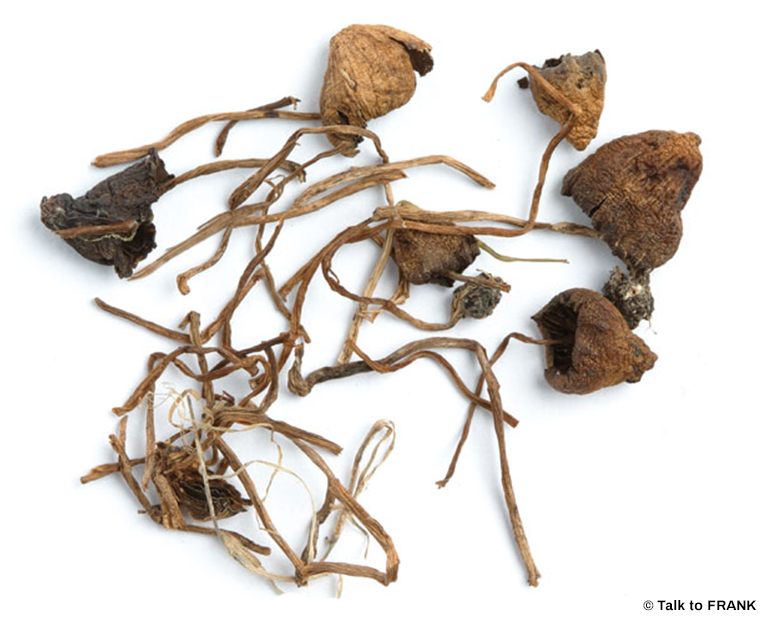AboutHow What Drug Addiction Does To A Family can Save You Time, Stress, and Money.
This has actually in some cases led to the person substituting one dependency for anotherwhat ASAM calls the "pathological pursuit of benefits" due to the fact that the underlying cause was not dealt with. ASAM recommends that detailed dependency treatment ought to focus on all active and potential substances and behaviors that might be addictive (why is drug addiction a disease). ASAM took care to explain that the reality that addiction is a main, persistent brain illness does not discharge addicts from taking responsibility for their habits.
According to the National Institute on Substance Abuse (NIDA) drug addiction is classified as a mental disorder because addiction changes the brain in essential methods, disturbing a person's normal hierarchy of requirements and desires, and substituting brand-new top priorities gotten in touch with procuring and using drugs. The resulting compulsive habits that override the ability to control impulses regardless of the effects resemble trademarks of other mental disorders.
Substance abuse is associated with addiction. By comparison, the criteria for substance abuse depends upon the damaging effects of repeated use however does not include the compulsive usage, tolerance (i. e., needing higher doses to attain the exact same result), or withdrawal (i. e., symptoms that occur when usage is stopped) that can be signs of addiction.
The high prevalence of this comorbidity has actually been documented in multiple nationwide population surveys considering that the 1980s. Information show that persons identified with mood or stress and anxiety disorders have to do with two times as likely to suffer likewise from a substance use disorder (abuse or reliance) compared with participants in basic. The exact same holds true for those detected with an antisocial syndrome, such as antisocial character or carry out condition.

Fascination About Which Of The Following Statements Is True About Drug Addiction?

Although drug abuse and dependency can occur at any time throughout an individual's life, substance abuse typically begins in adolescence, a period when the very first signs of mental disorder frequently appear. It is therefore not surprising that comorbid conditions can already be seen amongst youth. Substantial changes in the brain happen throughout adolescence, which might boost vulnerability to substance abuse and the advancement of dependency and other mental illness.
One of the brain locations still maturing during adolescence is the prefrontal cortex the part of the brain that allows us to evaluate situations, make sound decisions, and keep our emotions and desires under control. The fact that this important part of a teen's brain is still a work in development puts them at increased risk for poor decision making (such as trying drugs or continuing abuse).
The more we discover, the better we comprehend the capabilities and vulnerabilities of teens, and the significance of this phase for life-long mental health. The fact that so much change is taking place underneath the surface may be something for moms and dads to remember throughout the ups and downs of teenage years.
Quotes of the total overall expenses of compound abuse in the United States, including performance and health- and crime-related expenses go beyond $600 billion each year. This consists of around $193 billion for illicit drugs, $193 billion for tobacco, and $235 billion for alcohol. As staggering as these numbers are, they do not completely describe the breadth of damaging public health and security implications of drug abuse and dependency, such as household disintegration, loss of employment, failure in school, domestic violence, and kid abuse.
Some Known Incorrect Statements About How To Combat Drug Addiction
It is often incorrectly assumed that drug abusers lack Drug Rehab Facility moral concepts or willpower which they can stop utilizing drugs simply by selecting to alter their habits. In truth, drug addiction is an intricate illness, and giving up takes more than great objectives or a strong will - how does drug addiction affect the family. In fact, since drugs alter the brain in manner ins which foster compulsive drug abuse, quitting is difficult, even for those who are all set to do so.
Treatment is available to assist people counter addiction's effective disruptive impacts. Comparable to other persistent, relapsing diseases, such as diabetes, asthma, or cardiovascular disease, drug addiction can Great site be managed effectively. Drug addiction is an avoidable illness. Research study has actually shown that avoidance programs including families, schools, neighborhoods, and the media are effective in minimizing drug abuse.
For centuries, addiction to alcohol and drugs has actually been viewed as a moral stopping working. The person addicted was considered as lacking in willpower. However while that view is still held by some individuals, a brand-new model for understanding dependency has increased to the forefront in the clinical neighborhood. The reality is that addiction is an illness, and the research study exists to support it.
This advancement has big implications for those who are coping with and fighting against dependency. According to DrugAbuse. gov, "Addiction is a chronic, frequently falling back brain disease that triggers compulsive drug looking for and usage, in spite of hazardous repercussions to the addicted person and to those around him or her." The key here is that the addicted person will continue utilizing even when they see Discover more here the damage their addiction is causing.
What Does How To Beat Drug Addiction Mean?
But addiction is defined by the. The patient will go into remission, but might have numerous relapses before beating the disease totally. And like these diseases, addiction too can be treated and handled. Lots of people who combat the illness model of dependency will make the point that the addicted person picks to begin using drugs or alcohol.
Some people attempt drugs or alcohol and never ever get addicted. Others, however, have a biological or situational predisposition to dependency. Once they start utilizing, the dependency handles a life of its own and is much more difficult to control. Addiction is also thought about an illness since it can trigger changes to the brain.
Every drug, consisting of alcohol, interferes with the reward system in the brain. Regrettably, long-term use can trigger that affect the brain's ability to function. Specifically, the areas of the brain that are tied to making decisions, finding out, keeping in mind, and controlling habits are all impacted. According to a paper released by Ruben D.
Volkow (both from the National Institute on Drug Abuse), "there appear to be intimate relationships in between the circuits disrupted by abused drugs and those that underlie self-discipline [] the time has pertained to acknowledge that the process of addiction deteriorates the exact same neural scaffolds that enable self-control and proper choice making." With addiction wearing down self-control, it's no surprise that it's very tough for a drug abuser to quit by themselves.
What Does What Medication Is Used To Treat Drug Addiction Mean?
When you discover that addiction is an illness, 3 truths end up being clear: When a person loses their life to a drug addiction, somebody certainly states something along the lines of "they made their choice." The idea goes that the addicted individual made the conscious choices to continue their drug addiction and they got what was coming to them.
While there is an element of choice involved, making the right option is so much more difficult for somebody with a dependency. The huge bulk of addicted people are not addicted since they desire to be, but due to the fact that they feel they require the substance. And in most cases, their bodies are so dependent on the compound that they really do.
